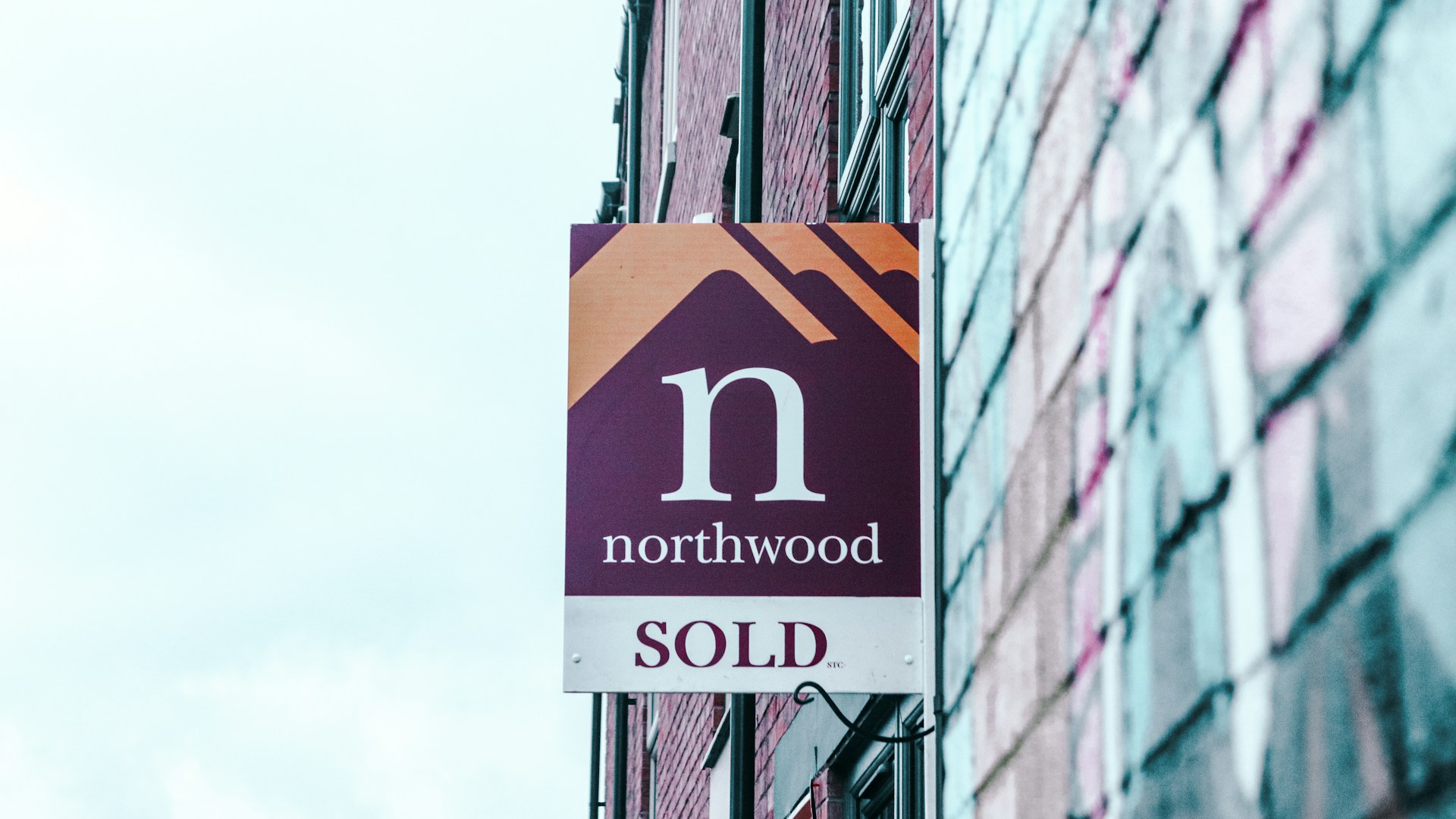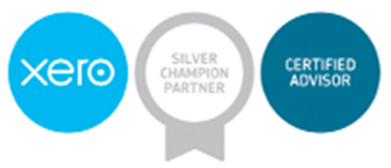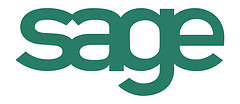
Selling your business can be an exciting and profitable time. But, if you’re thinking of selling your business, it’s important to be aware of any potential tax implications this may involve.
In this blog, we’ll take a closer look at the tax implications you should know about if you’re selling your business.
How much tax will I pay when selling my business?
When you’re selling your business, the amount of tax you’ll pay will depend upon the structure of the business, as well as how much profit you make from the sale.
If you’re selling a limited company, you might need to pay Capital Gains Tax as well as Corporation Tax. If, on the other hand, you’re a sole trader or operate a business partnership, you will likely just pay Capital Gains Tax or income tax instead.
Get A Free Quote
We believe in working with our clients to make accountancy services easy. Get year-end accounts, CT600 corporation tax, payroll, bookkeeping and management accounts made easy.
Will I have to pay Capital Gains Tax when I sell my business?
When you sell your business, the main tax you need to be aware of is Capital Gains Tax, which you may need to pay on any profit you make from the sale. The amount you pay will depend on:
- Your overall income
- The amount of profit you make from the sale
The capital gains tax rate on the sale of a business is currently 18% for basic taxpayers and 24% for higher and additional rate tax payers. Remember, this applies to the profit you make, not the whole amount you sell the business for. So, for example, if you bought your business for £200,000 and you sell it for £500,000, you will pay Capital Gains Tax on the £300,00 profit you make.
Previously, the main rate of Capital Gains tax that apply to assets other than residential property, carried interest from 10% for basic rate taxpayers and 20% for additional rate taxpayers. The new rate applies to disposals made on or after 30 October 2024 as highlighted in the Autumn Budget 2024.
Information about changes to the rate of Capital Gains Tax for carried interest, which will take effect for carried interest arising on or after 6 April 2025, is covered here.
Some business owners will qualify for Business Asset Disposal Relief, which will reduce the rate of Capital Gains Tax. Read on to find out if you would qualify for this relief.
Do I qualify for Business Asset Disposal Relief?
If you’re planning on selling a business, you may be able to pay less Capital Gains Tax when you sell or dispose of all or part of your business through Business Asset Disposal Relief. Formerly known as Entrepreneur’s Relief, it reduces the Capital Gains Tax rate to 10% for all eligible entrepreneurs and qualifying assets.
To qualify for the relief, both of the below must apply for at least 2 years up to the date you sell your business:
- You’re a sole trader of business partner
- You’ve owned the business for at least 2 years
It’s important to keep in mind that there are limitations to this relief – the lifetime limit for qualifying gains is £1 million. Once you hit this threshold, any gains you make will be taxed at the standard Capital Gains Tax rate.
If all your gains qualify for Business Asset Disposal Relief, you can work out your tax by calculating the gain of all assets to determine the total taxable gain. You can then deduct this from your tax-free allowance, and you will pay 10% on what’s left.
If you have other gains the process is slightly different. How much tax you’ll pay on your other gains is dependent on what Income Tax rate you pay. For example, high-rate Income Tax payers will pay 24% on gains from residential property and 20% on gains made from other chargeable assets.
Basic rate Income Tax payers will need to determine the tax rate on gains not eligible for Business Asset Disposal Relief by deducting Personal Allowance and any applicable Income Tax relief, then subtracting this from the basic rate tax band. The resulting amount is used to offset gains.
For more information, visit the Gov.uk website.
Are there other tax reliefs you could qualify for?
When selling your business, it’s important to explore all the potential tax reliefs that could help reduce your overall tax liability. In addition to Business Asset Disposal Relief, there are several other reliefs available in the UK that may apply depending on your circumstances.
This includes:
- Rollover relief
- Gift hold-over relief
- Investors relief
The reliefs you qualify for will depend on your business structure, your plans for the proceeds, and how you dispose of the business. However, rules can be complex, so it is advised to seek professional help to ensure you make the most of these opportunities.
Will I need to pay Corporation Tax when selling my business?
If you’re selling a limited company, you may also have to pay Corporation Tax on any chargeable gains. This will apply to profits you make on any company assets as part of the sale, such as land and property, shares, and equipment and machinery.
Your company will usually pay Corporation Tax on the profit from selling or disposing of an asset. Corporation Tax on chargeable gains is paid by limited companies, most unincorporated associations and foreign companies with a UK branch or office.
The amount of Corporation Tax you pay will depend on:
- How much you make from the sale
- Whether you are eligible for tax relief
- The structure of your business
You will need to work out your gain to find out whether you need to pay tax when you sell a business or business assets.
Why choose React?
Here at React Accountancy, we provide trusted accountancy services to start-up, established and multi-national businesses across a diverse range of industries.
From the moment you get in touch, our approachable, friendly and professional team will go above and beyond to ensure that you receive the right advice, support and accountancy solutions for your business.
All of our team has years of experience in providing accountancy services that support your business including complex financial issues and the sale of businesses.
Get in touch today for further information about any of our services.
You can reach us on 01914324110 or contact us via email using info@reactaccountancy.co.uk
Related Articles
World Savings Day: Protecting the future of your business
Top 3 challenges every small business owner faces
Get A Free Quote
We believe in working with our clients to make accountancy services easy. Get year-end accounts, CT600 corporation tax, payroll, bookkeeping and management accounts made easy.




